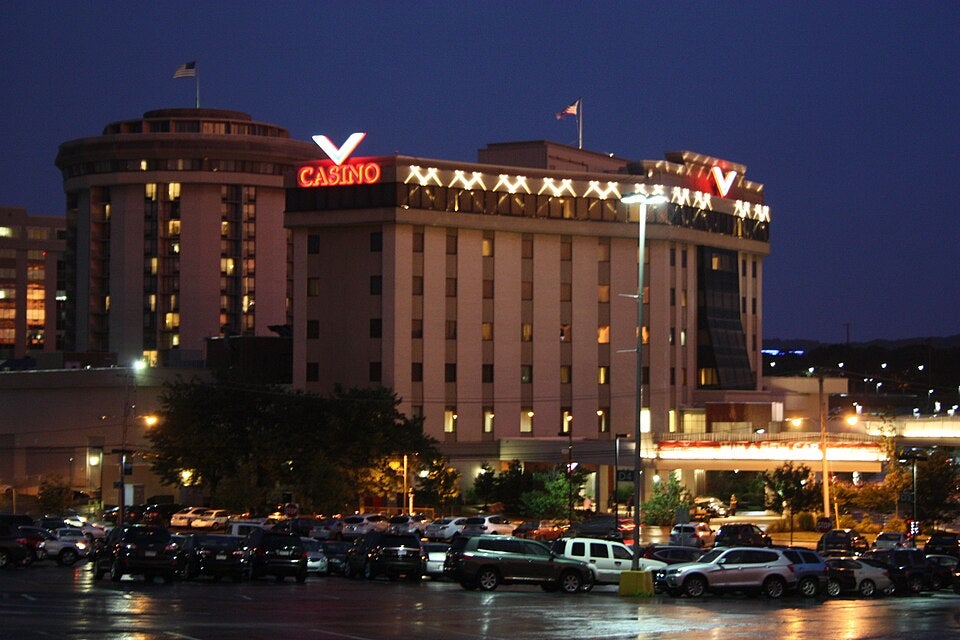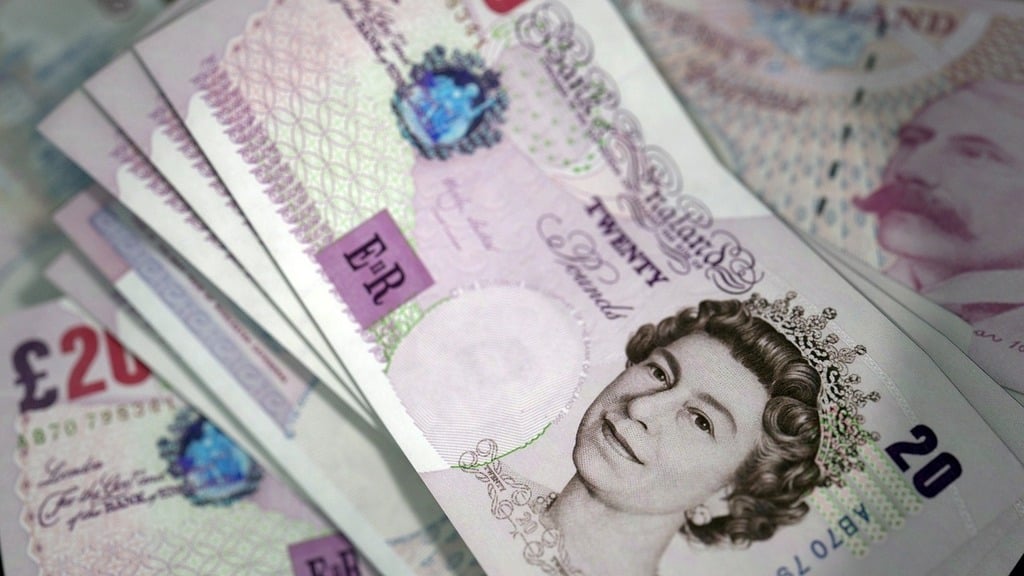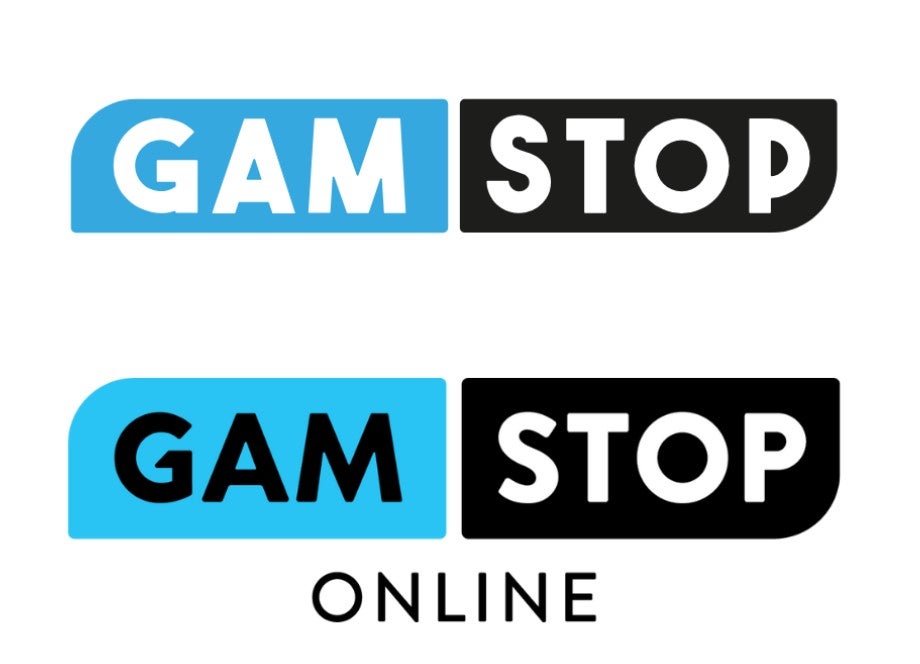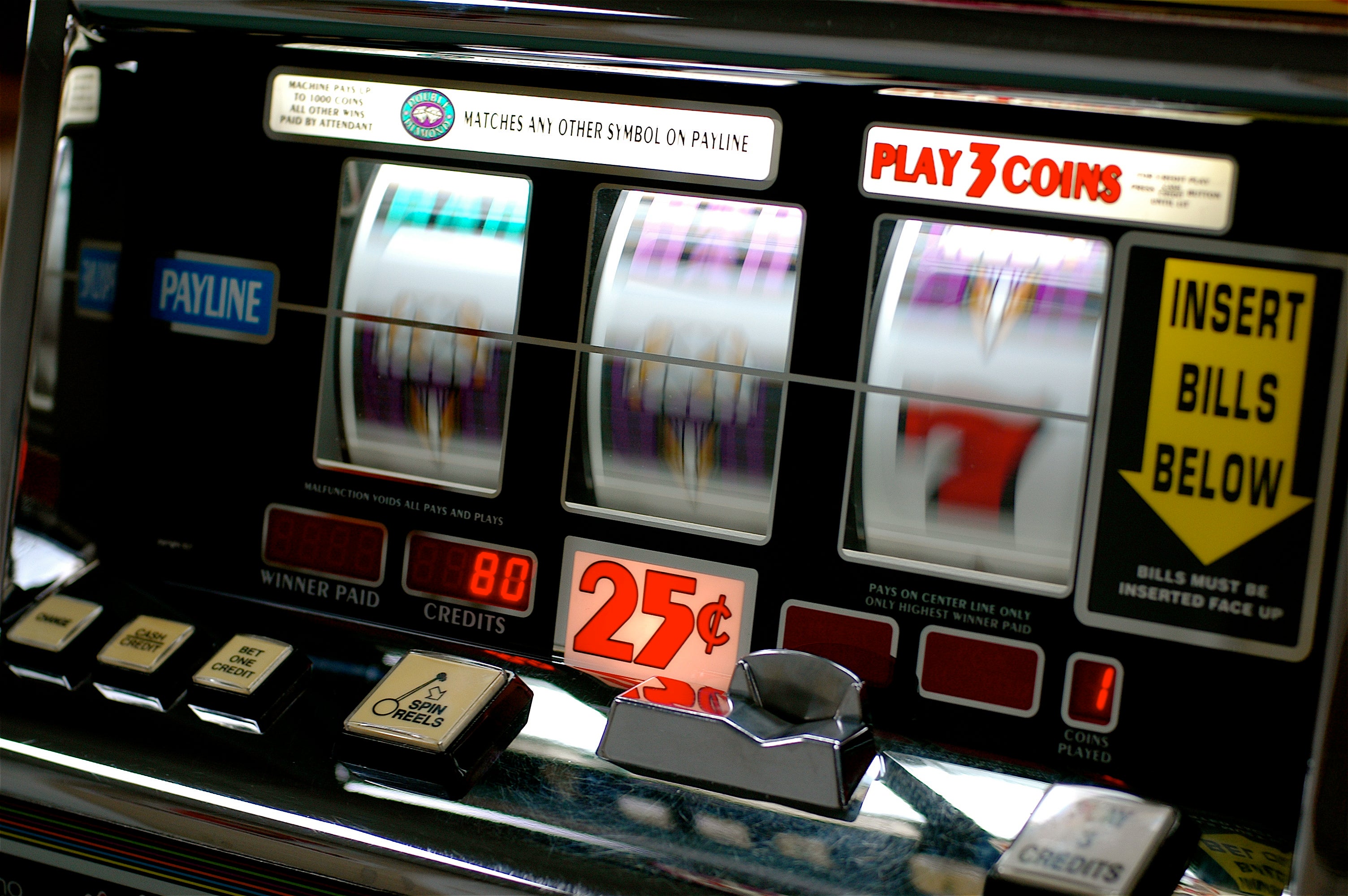Preparing for changes
While legal sports betting has swept the nation, online casinos are only legal in seven states.
Last year’s report from the Study Commission included endorsements from several lawmakers who want to make Ohio the eighth legal jurisdiction for iGaming.
“While the state should proceed with caution and care with any expansion of this magnitude, with the right regulatory framework, these types of gaming can thrive with nominal impact to our current system,” Former Rep. Jay Edwards (R-Nelsonville) and Reps. Jeff LaRe (R-Violet Twp.) and Cindy Abrams (R-Harrison) wrote in the report.
One Democrat on the commission also said that legal Ohio online casinos were likely an unavoidable reality.
Despite those nods of approval, other lawmakers questioned the impact that online gaming would have on retail casinos and the state lottery.
Those fears were partially validated by the state’s recent gaming report.
Ohio casinos reported $94.4 million in revenue in March, a 0.3 percent year-over-year decline from the $94.7 million reported in 2024. Slot gaming declined 0,2 percent from $69 million to $68.8 million, and table game revenue fell 0.4 percent from $25.6 million to $25.5 million.
Creating more tax funding
Former Sen. Niraj Antani (R-District 6) helped spur the online casino push last year with his bill. Although it failed to get over the line, Antani said that was expected.
Ohio’s 11 retail casinos generated $1.1 billion in combined revenue in 2024, confirming that the state has a strong gambling market.
Pennsylvania, which legalized online casinos in 2019, reported $1.5 billion in revenue last year. Michigan legalized in 2021 and reported $1.2 billion in revenue in 2024.
In the face of that massive demand, Ohio is under pressure to generate more tax revenue. Unlicensed betting operators, including sweepstakes casinos, offshore sportsbooks, and prediction markets, generated more than $1.5 billion in revenue in 2024.
DeWine’s proposal would have raised the sports betting tax rate from 20 to 40 percent just two years after he doubled it from 10 to 20 percent.
Unsurprisingly, sports betting companies spoke out against the proposal.


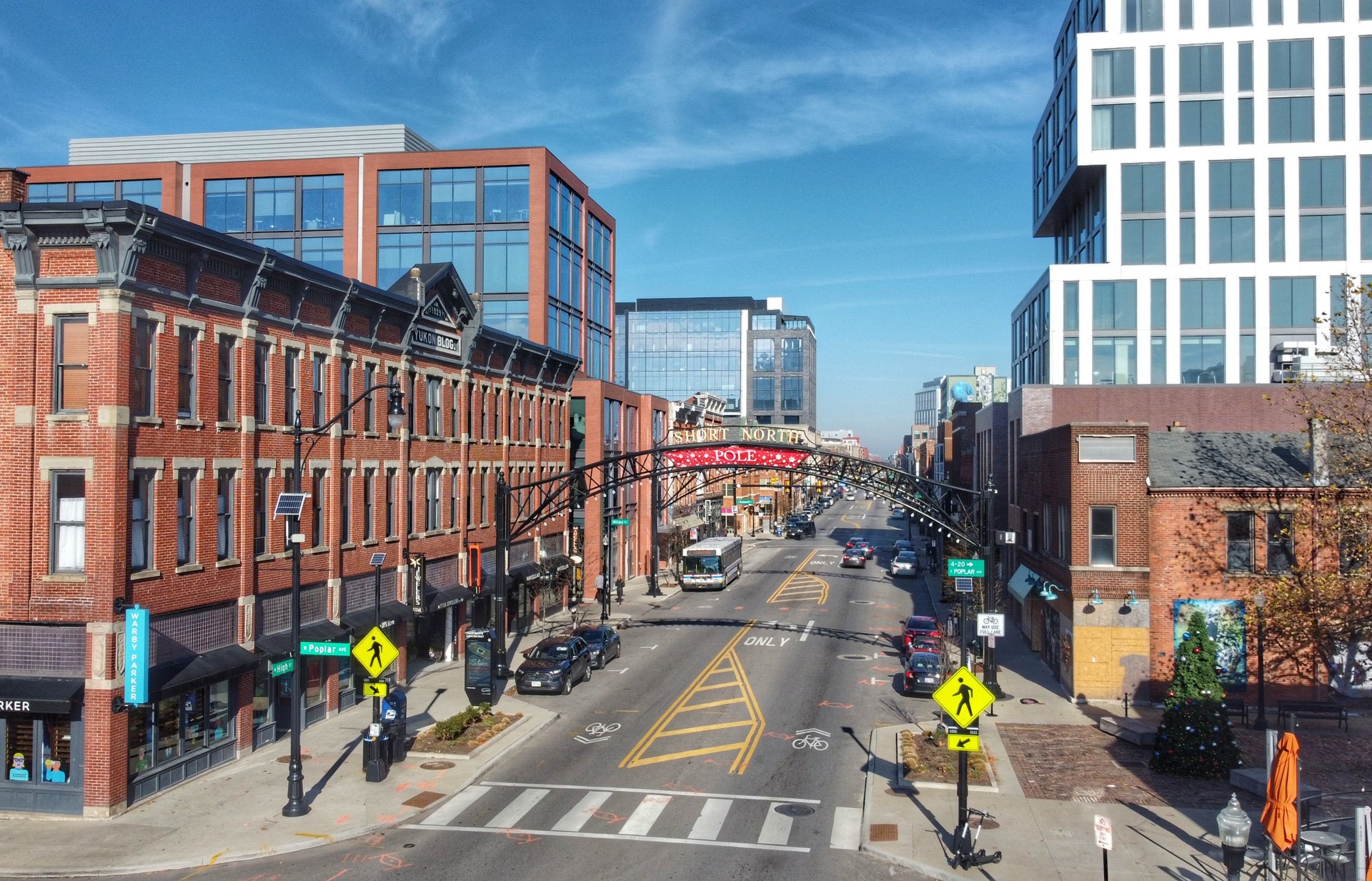

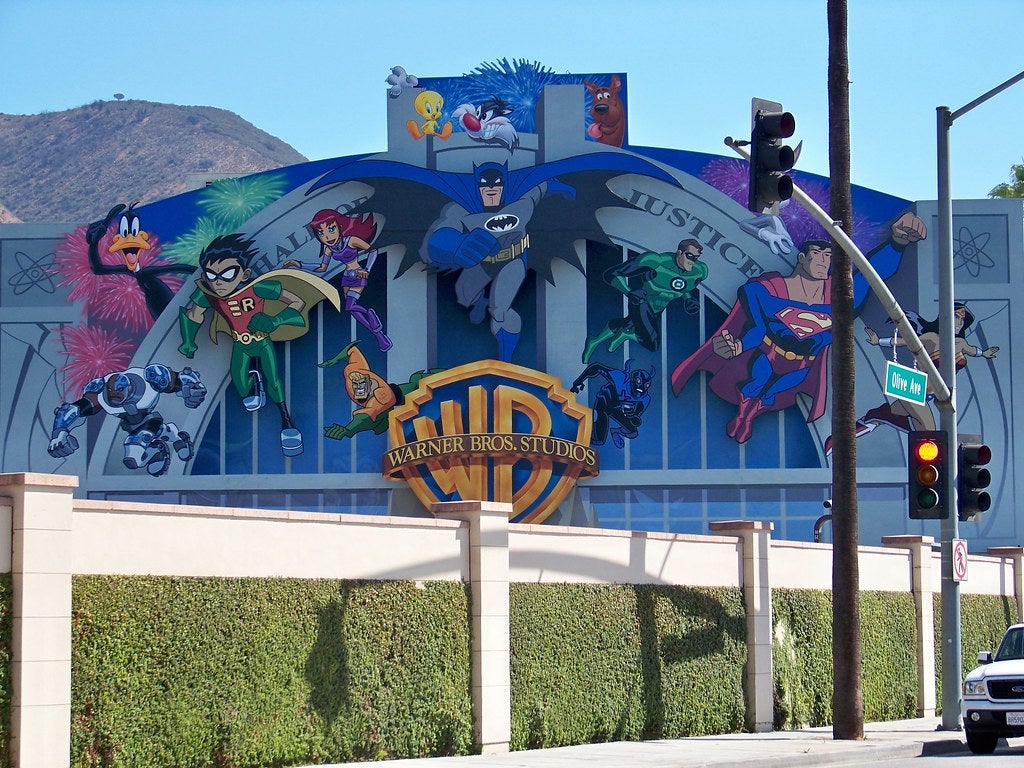


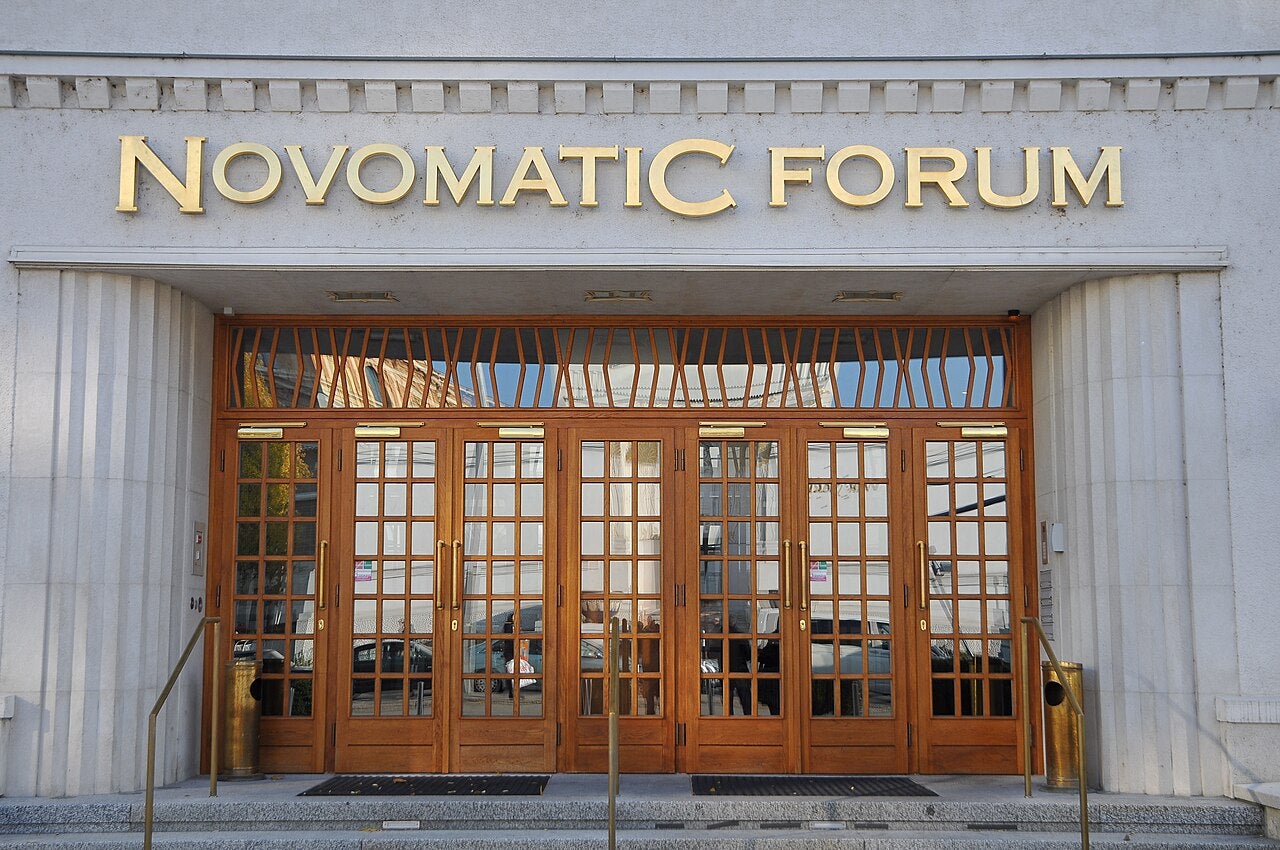
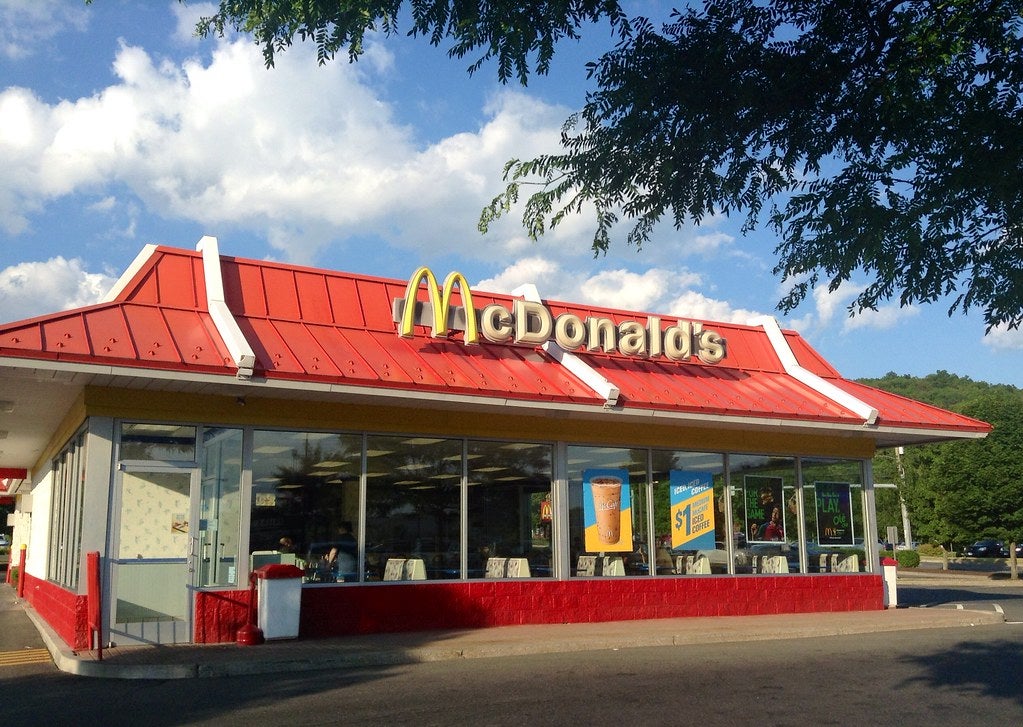
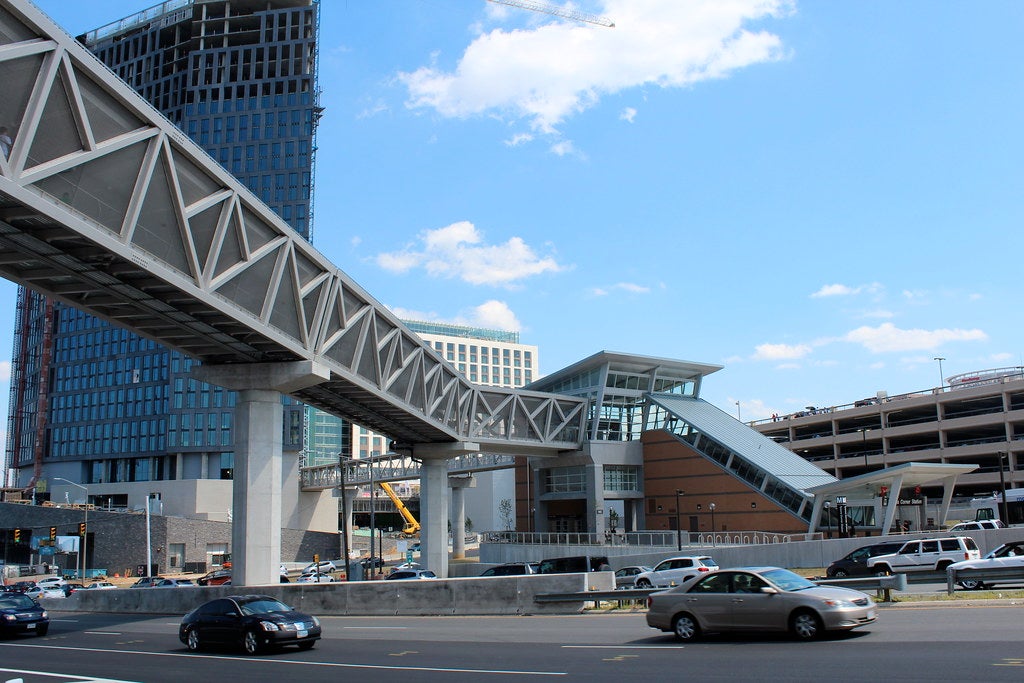

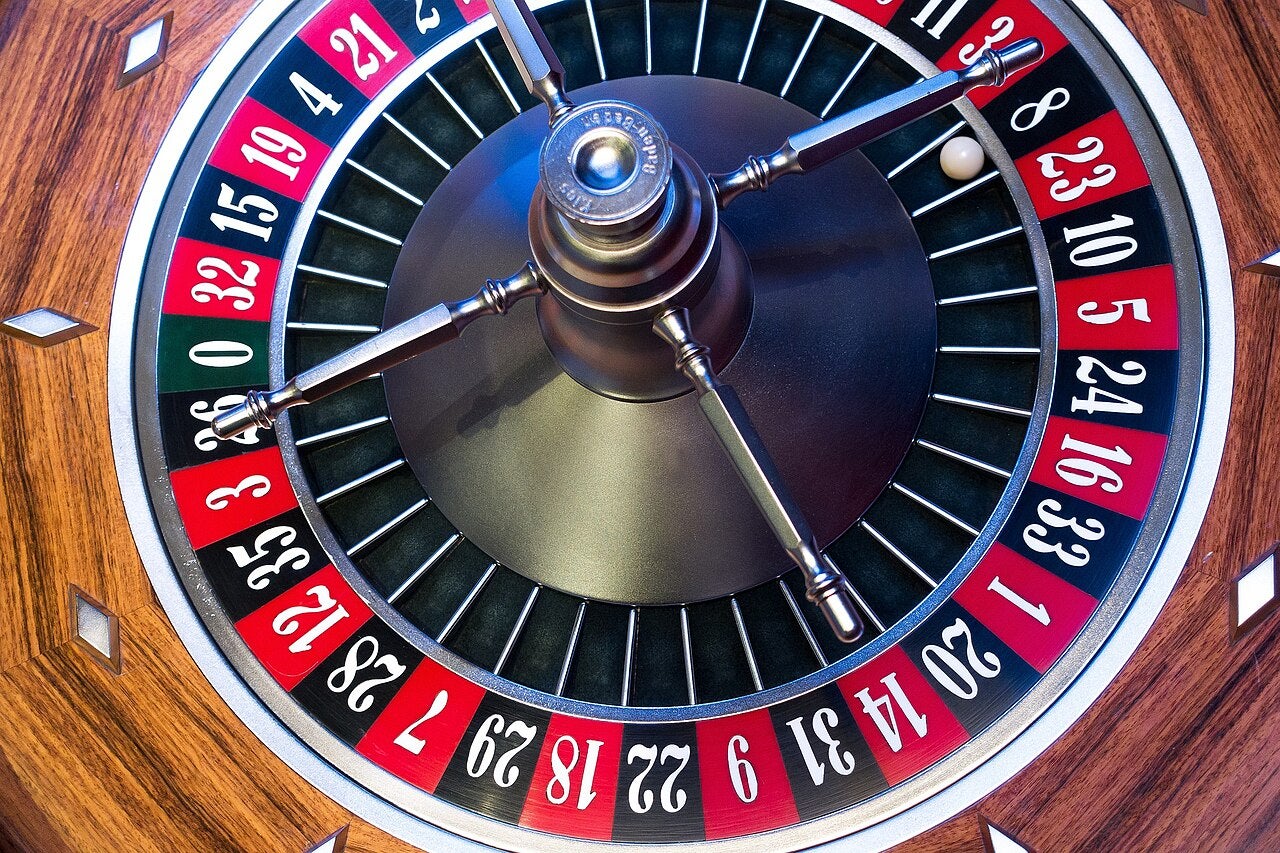
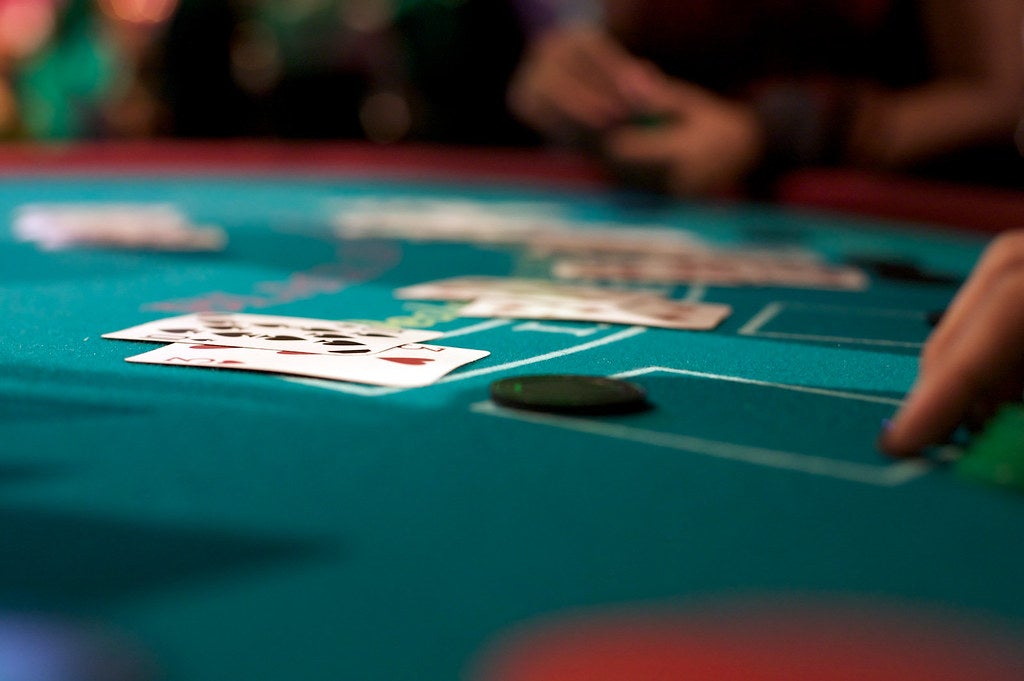

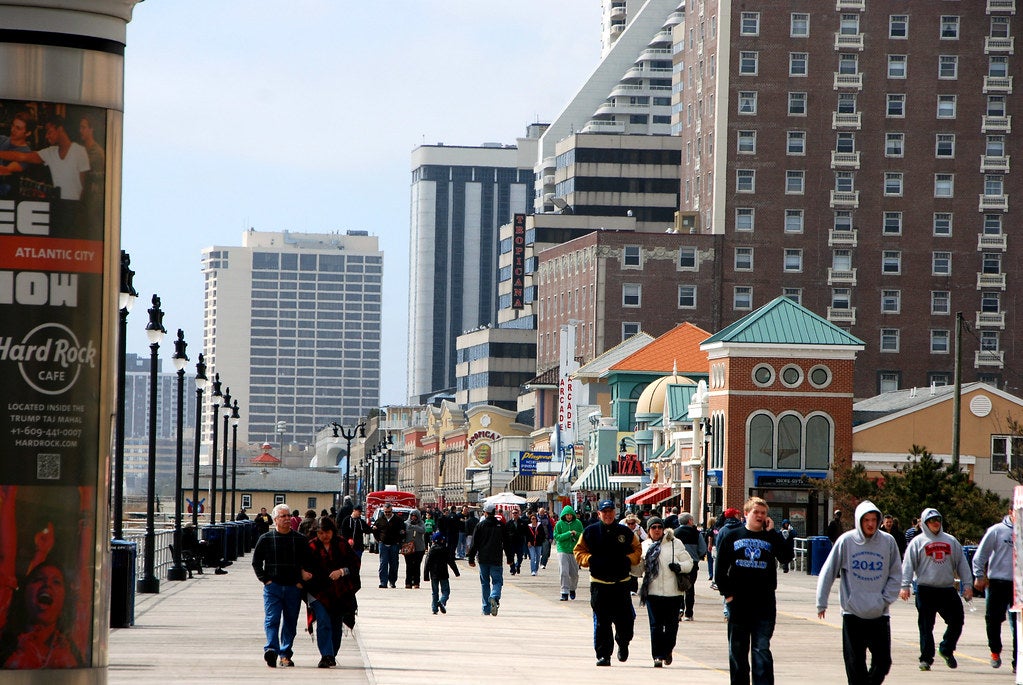
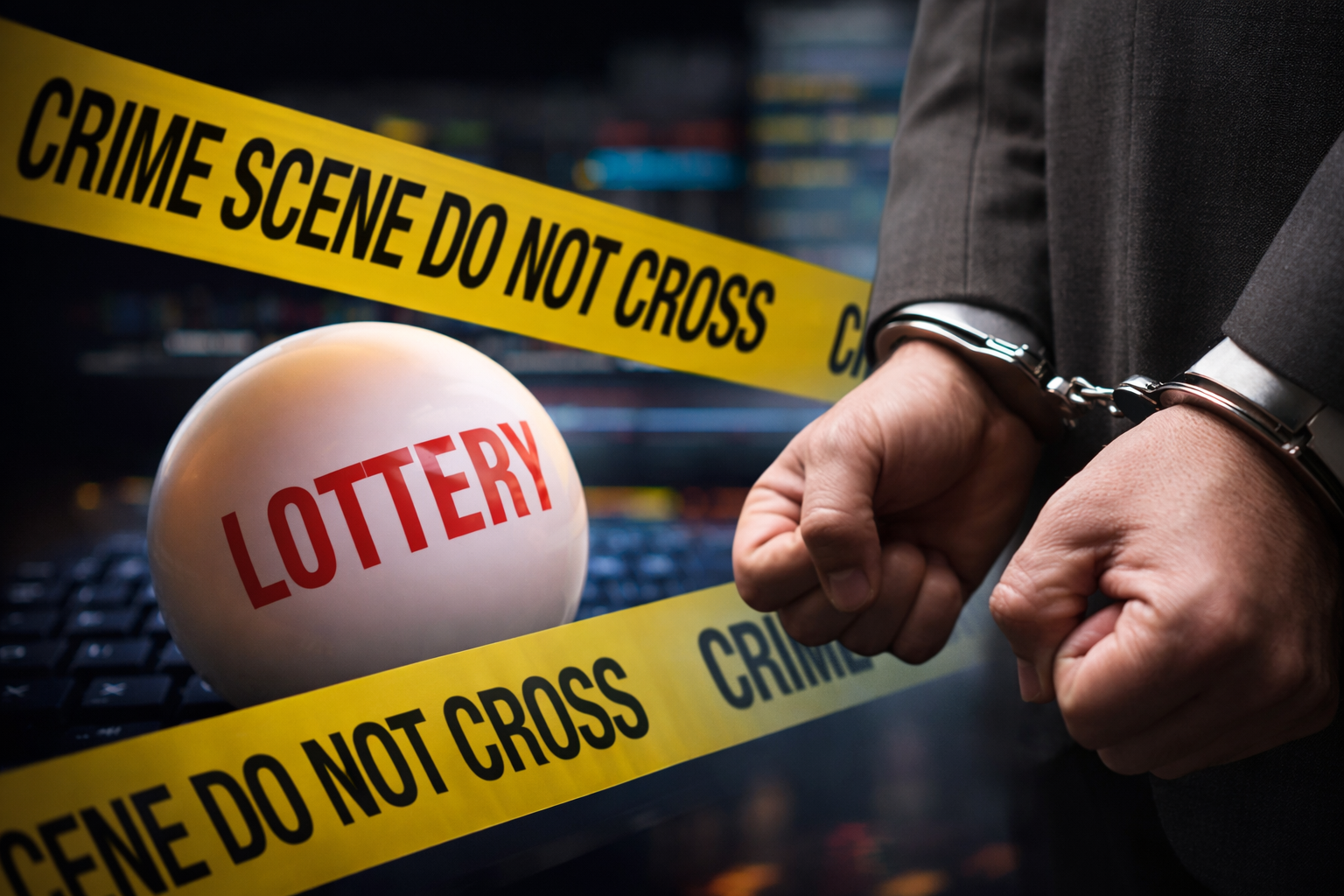
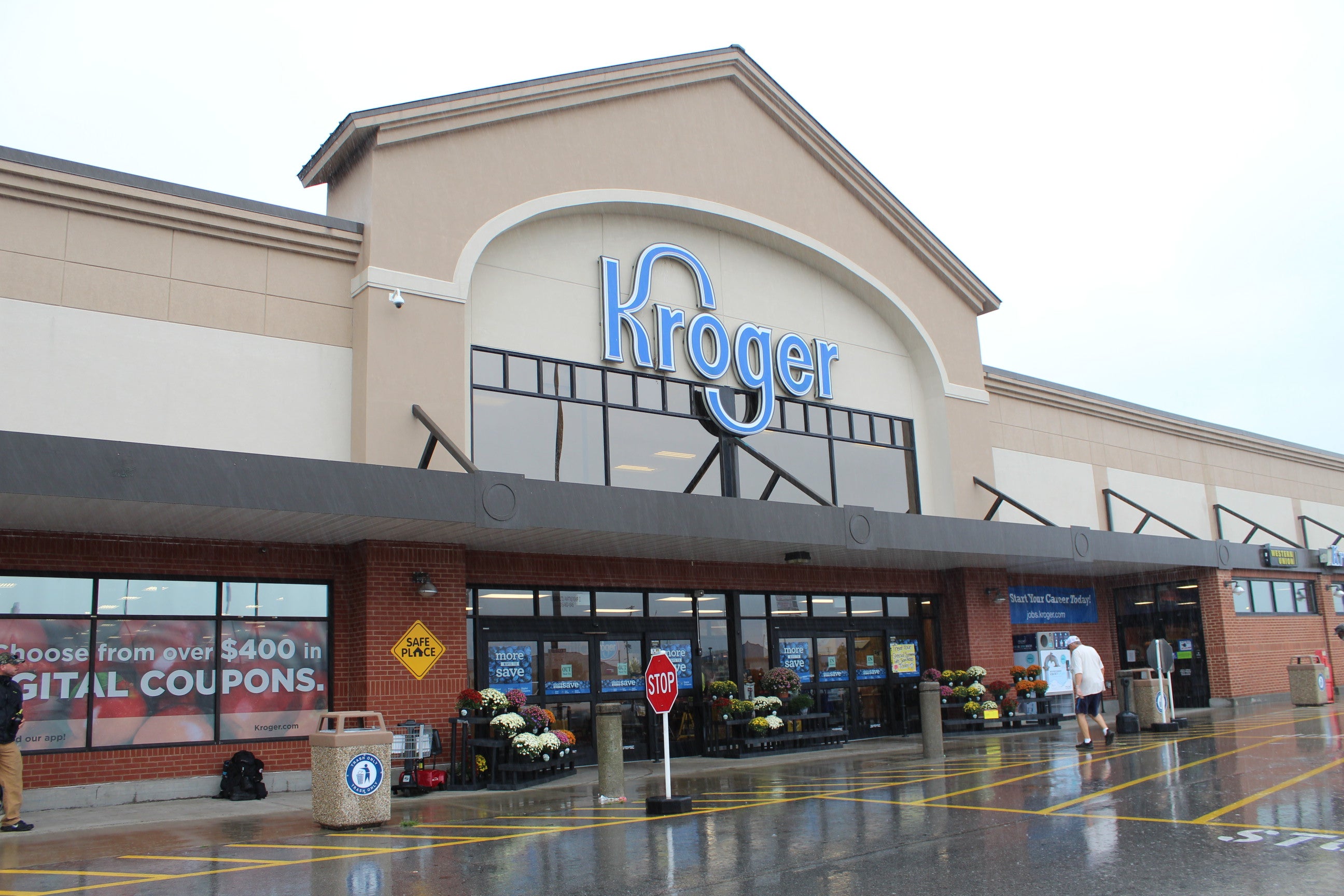

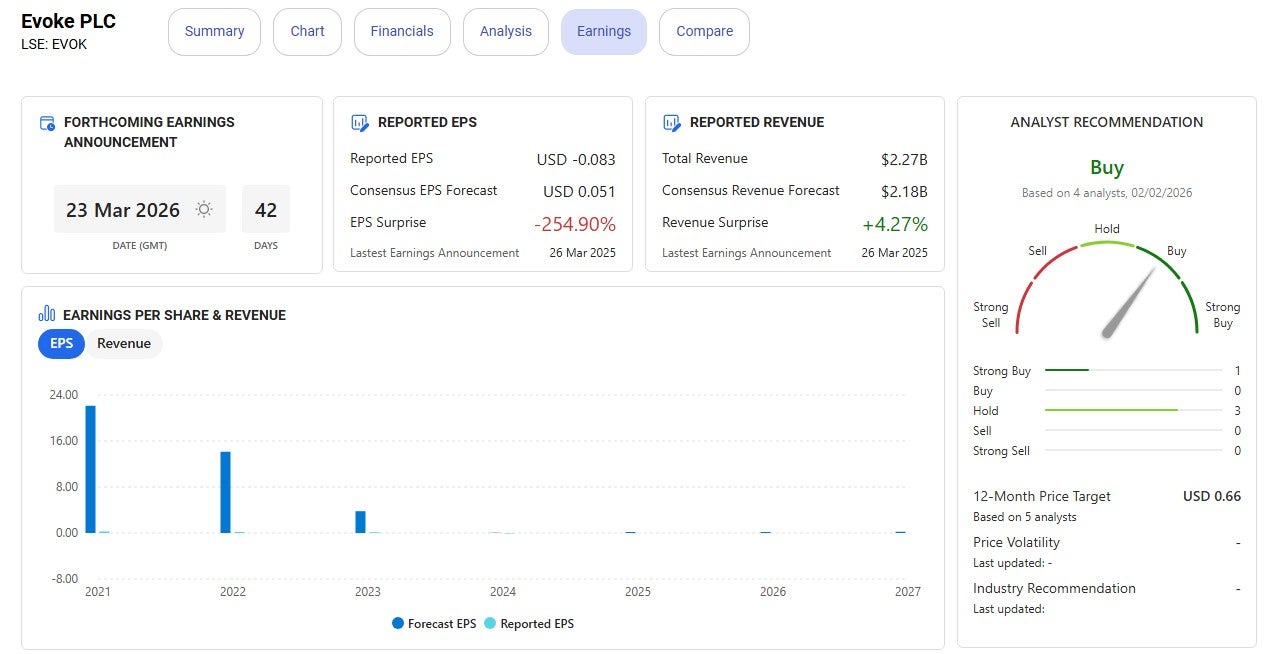

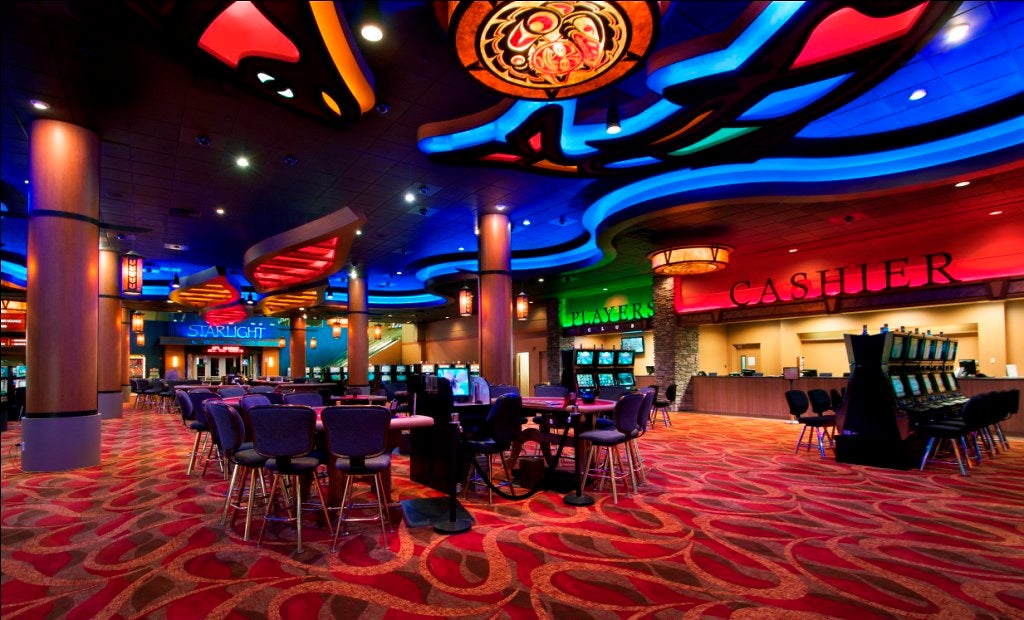
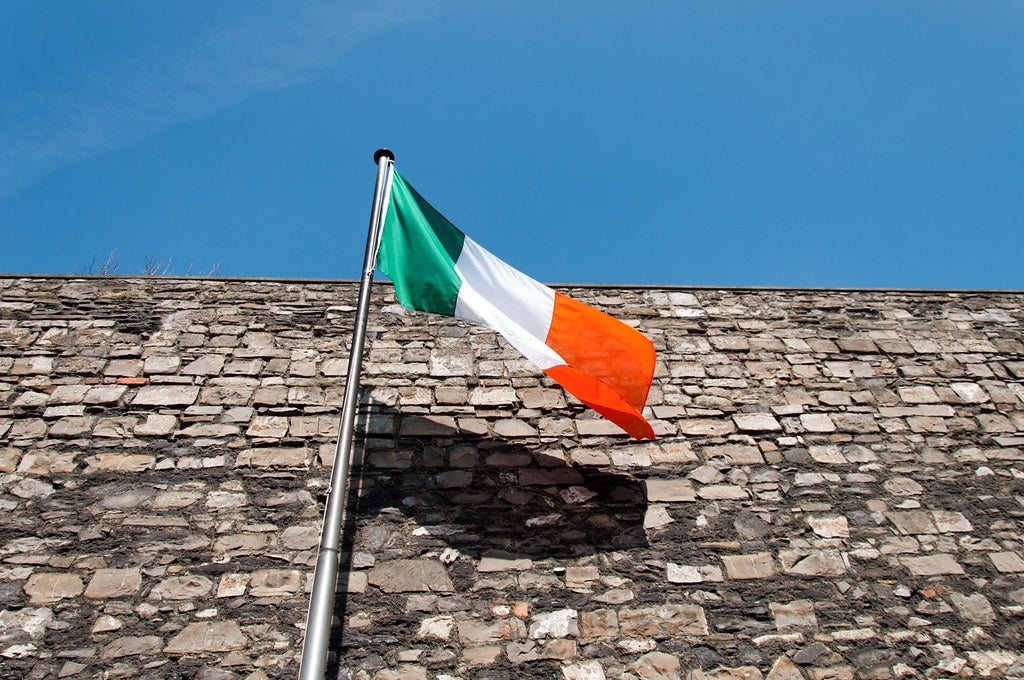



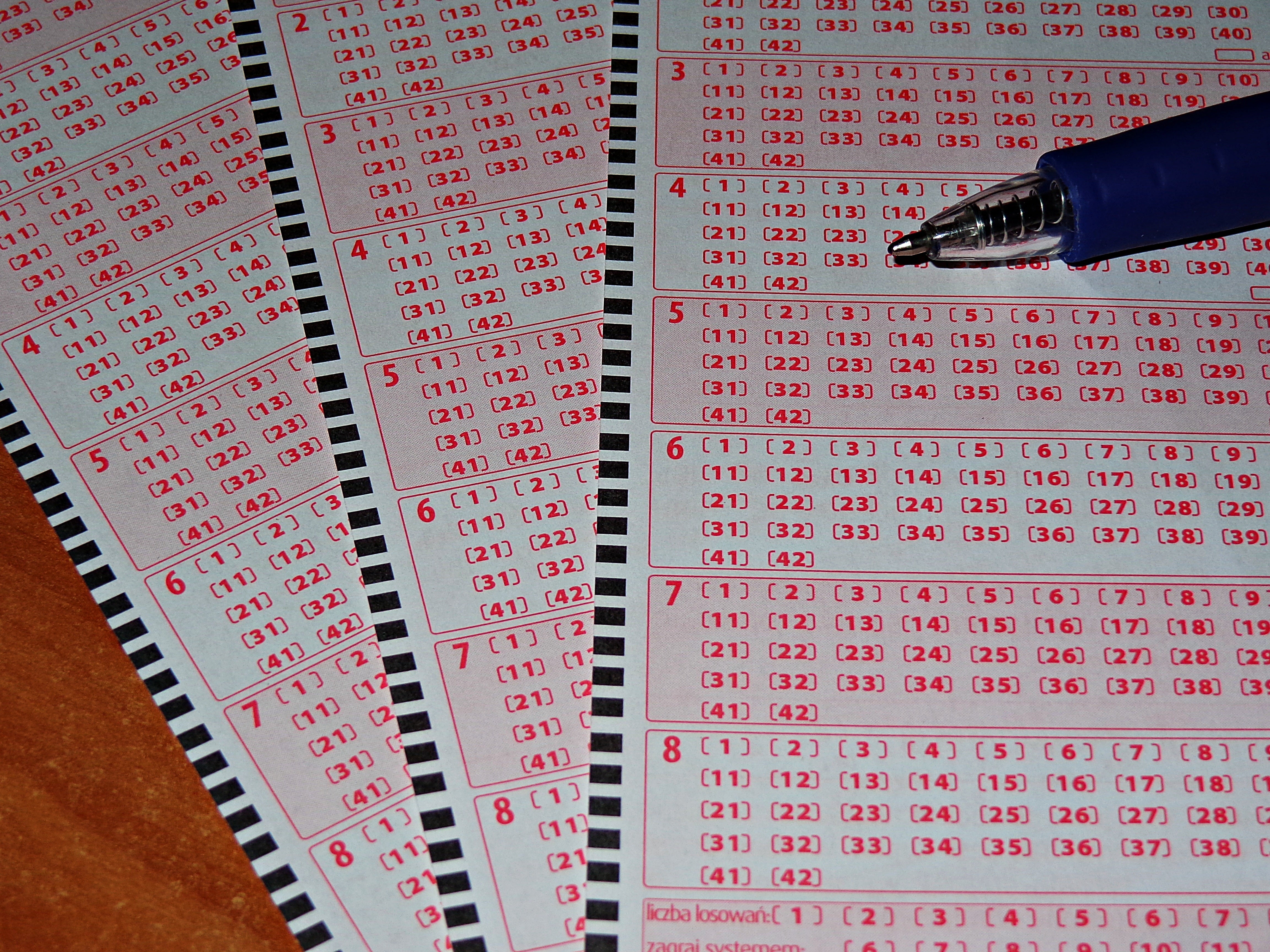
.jpg)
